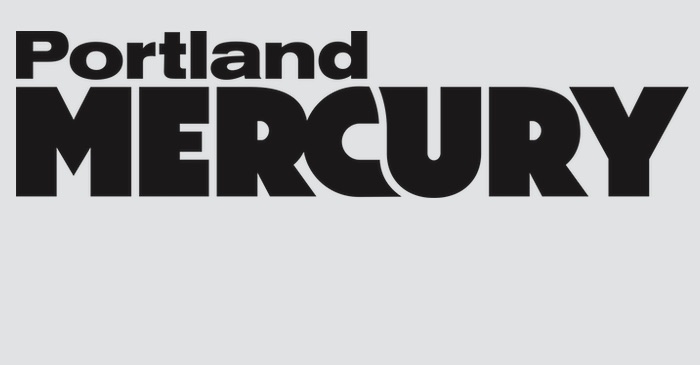
"I want to shop at your store. You're (kinda) local and you employ a ton of Portlanders and buy from local farms and breweries and wineries and bakeries. You have a great variety of local seasonal organic stuff, and also regular stuff like Triscuits and Cheerios. You have beautiful flowers and the people at the register are nice. I want to shop there."
"You have a great variety of local seasonal organic stuff, and also regular stuff like Triscuits and Cheerios. You have beautiful flowers and the people at the register are nice. I want to shop there. The only problem is that you're expensive as hell. And make whatever excuse you want, we see the prices at all the other stores. You're the most expensive."
The store employs many Portlanders and sources from local farms, breweries, wineries, and bakeries. The store stocks a wide variety of local, seasonal, organic products alongside conventional brands like Triscuits and Cheerios. The produce, flowers, and in-store experience, including friendly register staff, are attractive to shoppers. Despite those strengths, the store's prices are significantly higher than other stores. Shoppers notice the price differences and perceive the store as the most expensive option. Longtime customers feel the store has lost accessibility and appeal. Visible price gaps and perceived decline in value reduce customer loyalty and shopping frequency.
Read at Portland Mercury
Unable to calculate read time
Collection
[
|
...
]